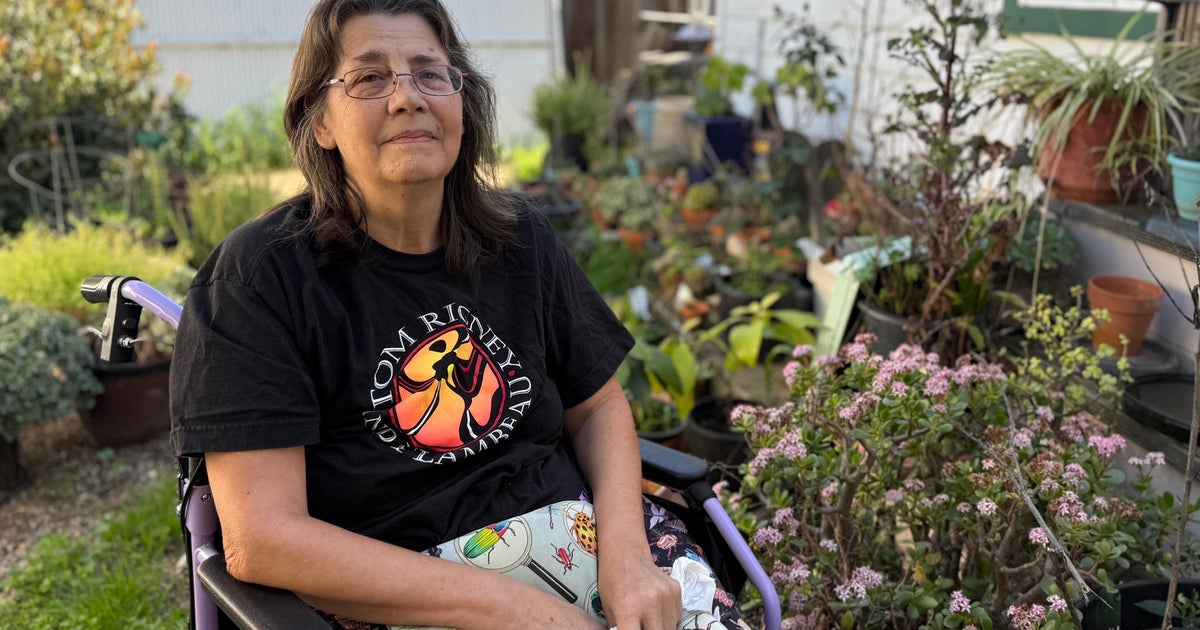On Call with Dr. Kumar: Understanding sleep disorders and how to get a better rest
NEW YORK -- Everyone needs sleep, but how many people actually get it?
Last week marked Sleep Awareness Week, reemphasizing the important connection between sleep and health.
Dr. Nidhi Kumar is On Call for CBS New York to break down the most common sleep disorders, including chronic insomnia, obstructive sleep apnea, restless leg syndrome, shift work sleep disorder and narcolepsy.
"Fifty million Americans have been diagnosed with sleep disorders, and then another 100 million Americans of all ages report not getting enough sleep," Dr. Kumar said. "When we have difficulty sleeping, we increase our risk of cardiovascular disease, depression, anxiety and obesity."
She warns to watch for difficulty falling or staying asleep, snoring, gasping or choking while you sleep, being restless and feeling like you have to move to relax, daytime sleepiness and irritability and difficulties concentrating at school or work.
"All of these things will clue you in that you are having an issue when you put your head down at night," she said.
So what are some ways to get a better night sleep? Set a bedtime wind-down routine, get morning sunlight, eat meals at consistent times, keep your bedroom cool around 60 to 65 degrees and make up for lost sleep.
"Sleep is a trainable event. So you want to set a routine and keep that routine," Dr. Kumar said.
Finally, if you're going to nap, keep it to about 30 minutes before 3 p.m. in the early afternoon.
"Naps have shown to increase your concentration, your performance, your energy levels and improve you mood," said Dr. Kumar. "But you need to nap correctly. In order to nap correctly, we want to keep them short and sweet."
Watch Dr. Kumar's full interview for more information.







